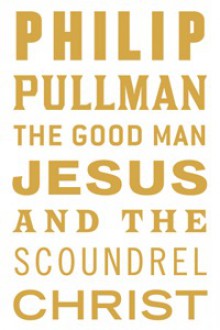
St. Cyril expounds of the passage of Scripture John 15:5 speaking of the union of the believer to Christ through the Holy Spirit. A rich and powerful exposition from the Bishop of Alexandria, Egypt in AD 400. He is known for the Ecumenical Council of Ephesus where he defended the "inseparable unity" of the Divine and human nature of Christ. Read now his exposition:
The Lord calls himself the vine and those united to him branches (John 15:5) in order to teach us how much we shall benefit from our union with him, and how important it is for us to remain in his love. By receiving the Holy Spirit, who is the bond of union between us and Christ our Savior, those who are joined to him, as branches are to a vine, share in his own nature.
On the part of those who come to the vine, their union with him depends upon a deliberate act of the will; on his part, the union is effected by grace. Because we had good will, we made the act of faith that brought us to Christ, and received from him the dignity of adoptive sonship that made us his own kinsmen, according to the words of Saint Paul: He who is joined to the Lord is one spirit with him.
The prophet Isaiah calls Christ the foundation, because it is upon him that we as living and spiritual stones are built into a holy priesthood to be a dwelling place for God in the Spirit. Upon no other foundation than Christ can this temple be built. Here Christ is teaching the same truth by calling himself the vine, since the vine is the parent of its branches, and provides their nourishment.
From Christ and in Christ, we have been reborn through the Spirit in order to bear the fruit of life; not the fruit of our old, sinful life but the fruit of a new life founded upon our faith in him and our love for him. Like branches growing from a vine, we now draw our life from Christ, and we cling to his holy commandment in order to preserve this life. Eager to safeguard the blessing of our noble birth, we are careful not to grieve the Holy Spirit who dwells in us, and who makes us aware of God’s presence in us.
Let the wisdom of John teach us how we live in Christ and Christ lives in us: The proof that we are living in him and he is living in us is that he has given us a share in his Spirit. Just as the trunk of the vine gives its own natural properties to each of its branches, so, by bestowing on them the Holy Spirit, the Word of God, the only-begotten Son of the Father, gives Christians a certain kinship with himself and with God the Father because they have been united to him by faith and determination to do his will in all things. He helps them to grow in love and reverence for God, and teaches them to discern right from wrong and to act with integrity.

 Log in with Facebook
Log in with Facebook 









